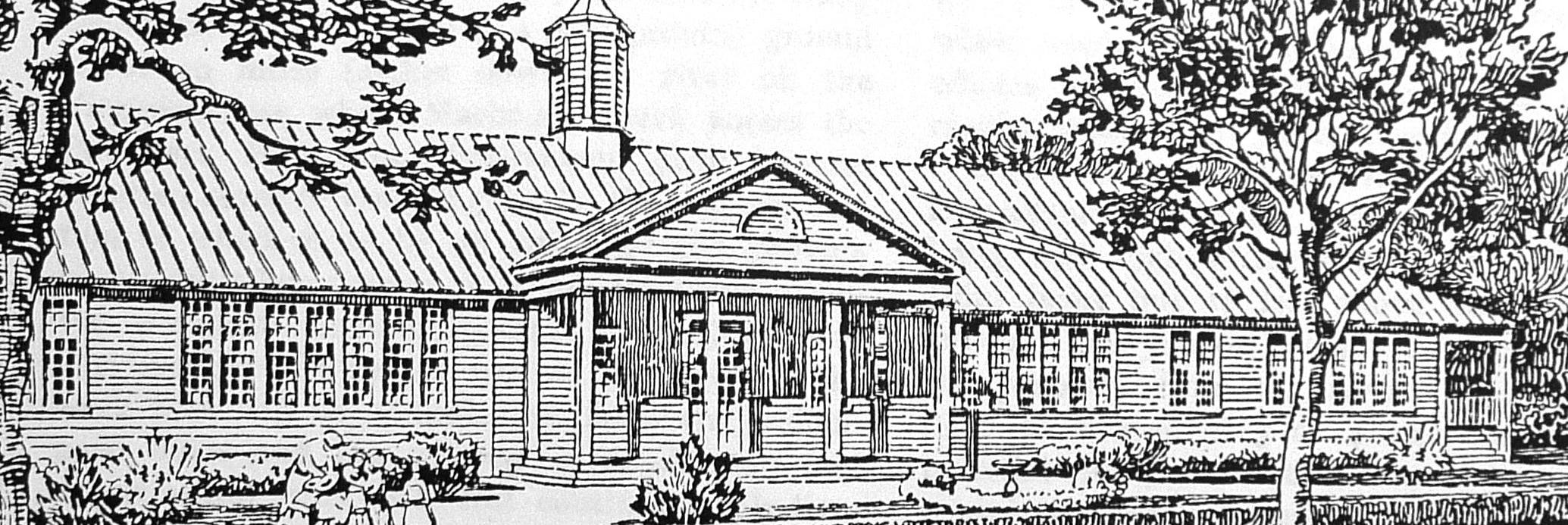There are no ritualistic ceremonies that are performed inside the Lotus Temple, nor can anyone deliver sermons. However, people can chant or read scriptures of Bahai and other faiths in any language. One can even set them to music by choirs but no musical instrument can be played inside the temple. Devotees can offer silent prayers and can do meditation as per their own faiths.
Two types of prayers can be offered here. These are obligatory prayers and general or devotional prayers. Both are composed of reverent words which are addressed to God. The purpose of prayer in the Bahá'í Faith is to grow closer to God and his Manifestation and to help better one's own conduct and to request divine assistance.
Obligatory Prayers: Bahá'ís between the ages of 15 and 70 are required to perform one of the three prescribed obligatory prayers daily and individually, according to the set forms. These prayers were written by Bha’u’llah, and are given in the book of laws or the Kitáb-i-Aqdas. These are mainly of three types ...
More
There are no ritualistic ceremonies that are performed inside the Lotus Temple, nor can anyone deliver sermons. However, people can chant or read scriptures of Bahai and other faiths in any language. One can even set them to music by choirs but no musical instrument can be played inside the temple. Devotees can offer silent prayers and can do meditation as per their own faiths.
Two types of prayers can be offered here. These are obligatory prayers and general or devotional prayers. Both are composed of reverent words which are addressed to God. The purpose of prayer in the Bahá'í Faith is to grow closer to God and his Manifestation and to help better one's own conduct and to request divine assistance.
Obligatory Prayers: Bahá'ís between the ages of 15 and 70 are required to perform one of the three prescribed obligatory prayers daily and individually, according to the set forms. These prayers were written by Bha’u’llah, and are given in the book of laws or the Kitáb-i-Aqdas. These are mainly of three types — the short, the medium and the long. Bahá'ís can choose to say one of the three each day. Among these, the short has to be said once between noon and sunset, the medium has to be said three times daily, between sunrise and noon, noon and sunset and finally between sunset and two hours after sunset. One can choose any time of the day for the long prayer. The medium and long prayers also include movements and gestures to be followed during the prayers, which are themselves obligatory except when a person is physically incapable of performing them.
Devotional Prayers: Apart from the daily obligatory prayers, Bahá'í scripture directs believers daily to offer devotional prayer as well as to meditate and study sacred scriptures. As there is no set form for devotions and meditations, believers can offer this prayer in their own words. Besides, there is a large corpus of devotional prayers written by the Báb, Bahá'u'lláh, `Abdu'l-Bahá, the central figures of the Bahá'í Faith, which are used extensively by Bahá'ís in their devotional life. Bahá'ís believe that certain words in these prayers have a special power. Bahá'í gatherings usually have a group reading session of prayer books.
Special Prayers: There also exist a number of prayers which can be said in specific circumstances or occasions, and they include prayers for the fast, and specific Bahá'í holy days. These prayers, even though not obligatory, bear an importance nearly equal to that of the obligatory prayers. Three such prayers are Báb's short prayer for the removal of difficulties, the Tablet of Ahmad and the Long Healing Prayer. The Tablet of Visitation is a prayer that is used during visits to the Shrines of Bahá'u'lláh and Báb, and is also used during Bahá'í holy days associated with them. Several passages from Bahá'u'lláh's writings together form this tablet. Another one which is called A Tablet of Visitation for `Abdu'l-Bahá is a prayer that expresses humility and selflessness. Bahá'u'lláh also wrote a specific prayer for the dead, which is to be said before the interment of a Bahá'í who has reached the age of fifteen. A single person reads the prayer aloud and the others stand silently. This is the only congregational prayer of the Bahá'í.
The temple website has a list of Bahá'í prayers which have been put to music and are sung in Hindi. One can click on the given link and can listen to these or even download them. These are listed under two categories - Bhajna Amrit and Ish Vandana.
Fasting: The people of Baha'is Faith observe a nineteen day fast every year, from 1/2 March to 19/20 March. This fast, along with obligatory prayers, are the two most significant obligations for Baha'is. The last day of the fasting is Baha'i New year, a festive day marked with prayers, music, dance and a sumptuous dinner.
Less

